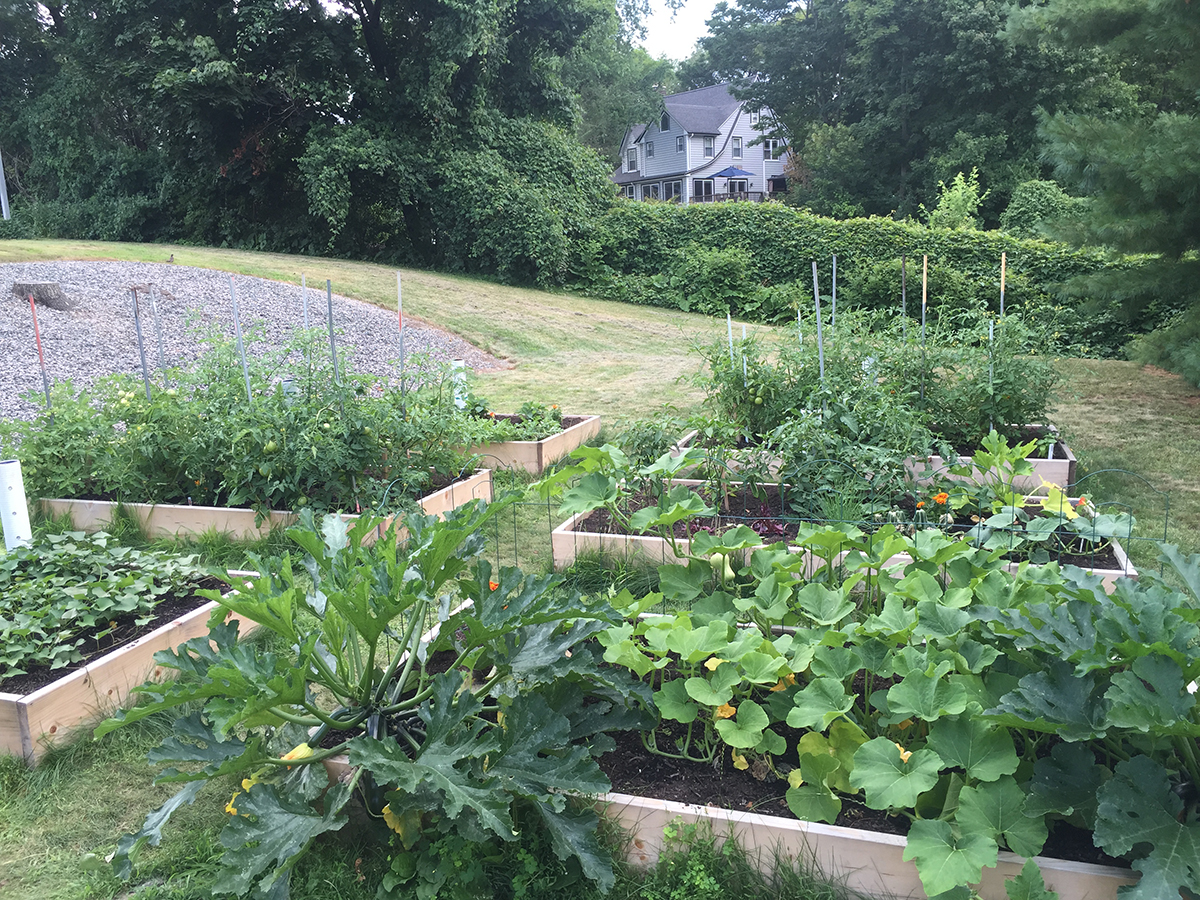Ecotherapy Is A New Kind of Mental Health Treatment
Forget lying on a black leather couch under fluorescent lighting. A new wave of therapy is making use of the great outdoors.
Ecotherapy, as it’s known, refers to any type of mental health work that makes nature a major part of the treatment, from wilderness excursions to traditional counseling done outdoors. More local practitioners than ever—like Abbie Hausermann, founder of Dedham’s High Peaks therapeutic mentoring center—are turning to the technique.
“As opposed to sitting in an office, it usually takes place outside and really emphasizes the client’s connection to nature, and how nature can sometimes be used as a metaphor for challenging events or things that come up in life,” Hausermann says of her practice. “People get to experience the benefit of nature and being outside while getting some clinical and professional service.”
Hausermann says she uses the same therapeutic techniques she always has—she just employs them in places like the Blue Hills Reservation in Milton and Francis William Bird Park in Walpole. This summer, she’ll also begin offering wilderness quests, consisting of three-day therapeutic camping journeys, to help teach teenagers self-sufficiency, self-confidence, and how to unplug from technology.
Though Hausermann recommends ecotherapy to any patient, she says it’s especially valuable for children who may be uncomfortable in a traditional office setting. “I think it can help remove the power dynamic between the therapist and the patient,” she says. “I also think it’s helpful that you’re not making direct eye contact and you’re able to be outside and be more active.”
That principle also guides the work of Jason Torres, director of foundation relations at the Italian Home For Children, a behavioral health center in Jamaica Plain. Torres recently started a therapeutic garden for children at the Italian Home, with the goal of using the outdoors to improve mental health treatment while simultaneously teaching children about and providing them with healthy food. A free CSA share program may be in the works soon, too.
“It provides a great place for clinicians and our residential counselors to engage kids in difficult topics,” Torres says. “As they form that bond with the garden and with their provider and that relationship deepens, they open up more, and you can tackle more of the difficult issues they have to process while they’re here.”
In addition to facilitating counseling sessions, Torres says working in the garden provides children with a safe space. “It’s a consistent space, a space where they can work and have input on and make an impression on [something], and it becomes an environment that’s collaborative,” he says. “I’ve had multiple children express to me that it’s one of the only safe spaces that they feel belongs to them.”
In the end, Torres says, ecotherapy in general is addressing our culture’s need to get back to nature. “There’s a lot of people in a lot of different areas coming to the same conclusion,” he says. “The more outside time, the more engagement with nature, and the more access to healthy food [people have], the better off they are.”



